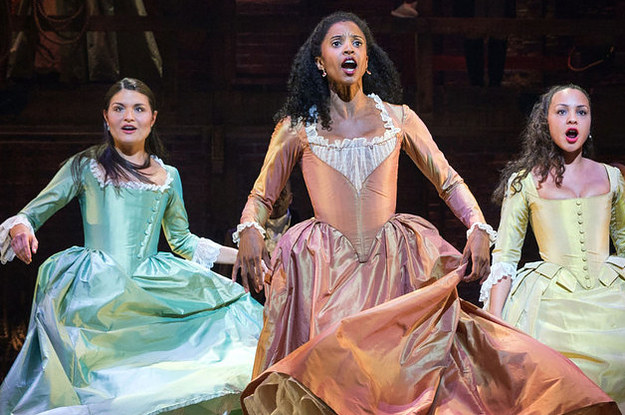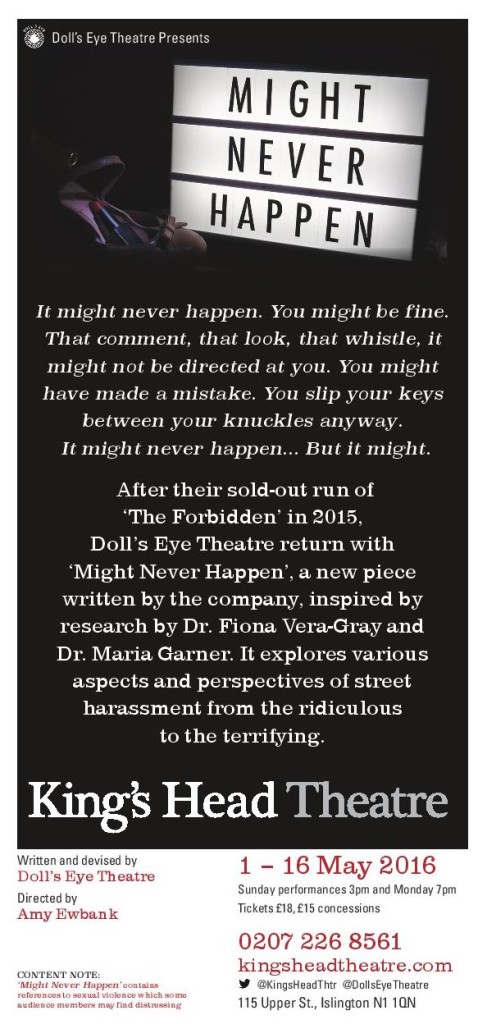Deborah D’Orazi, LMSW, NY, USA, SSH Blog Correspondent

Lin-Manuel Miranda’s Hamilton is one of the most popular musicals on Broadway and is continuously gaining accolades the world over for its music and multi-racial and gender inclusive casting. In creating an alternative to the typically white male narrative American history often presents as the norm, Miranda constructs a piece of theater that creates a nuanced critique of who and what is deemed most important in American history and society. Women and people of color not only tell the story of Alexander Hamilton, the American Revolution, and the early American Republic, they tell the story of the very men who often ordered their subordination and inferiority through philosophy, politics, and violence.
More importantly, they represent the stories of the very people and experiences purposefully erased and forgotten in order to create American society. This is a narrative demonstrating the United States’ founding ideals and oppressions on full display through expert storytelling and representation that not only represents a critique of the Founding Fathers and ideals, but of the progress made and still needed for those still experiencing oppression in our society.
One of the ways in which oppression is explored in Hamilton is through the presence and absence of women in public life due to racial and gender norms. While women of all races are featured in the ensemble, the only prominent female characters are the Schuyler Sisters (Angelica, Eliza, and Peggy—prominent, upper class white women played by women of color). Most of the songs in the play demonstrate the women’s influence in Alexander Hamilton’s life and the frustration that they have such little influence on their own. Father’s must approve marriages and the only political influence they have is through corresponding and talking to men. And, what is most telling, is that the only song where the women are by themselves, and in a public place, is when they are subjected to street harassment.
The Schuyler Sisters is a song introducing the three women exploring Manhattan on the eve of the American Revolution, despite their father’s warnings. While Peggy worries about the inevitable oncoming violence, Eliza and Angelica express enthusiasm for the revolutionary ideals being expressed throughout the city and colonies. The women state they are “looking for a mind at work” and while the male narrator and ensemble seem to suggest they are looking for a suitable male partner, there is a lack of acknowledgement from the men of the times (and in the play) that women and people of color may actually be looking for a say within the narrative of revolutionary politics. This willful ignorance and prejudice comes into full force when Aaron Burr interjects his harassment into the women’s narrative:
[BURR]
Wooh! There’s nothin’ like summer in the city
Someone in a rush next to someone lookin’ pretty
Excuse me, miss, I know it’s not funny
But your perfume smells like your daddy’s got money
Why you slummin’ in the city in your fancy heels
You searchin for an urchin who can give you ideals?
[ANGELICA]
Burr, you disgust me
[BURR]
Ah, so you’ve discussed me
I’m a trust fund, baby, you can trust me!
[ANGELICA]
I’ve been reading Common Sense by Thomas Paine
So men say that I’m intense or I’m insane
You want a revolution? I want a revelation
So listen to my declaration:
[ELIZA/ANGELICA/PEGGY]
“We hold these truths to be self-evident
That all men are created equal”
[ANGELICA]
And when I meet Thomas Jefferson
I’m ‘a compel him to include women in the sequel!
[WOMEN]
Work!
This dialogue represents many things. On one hand, it demonstrates the underrepresented historical narrative that street harassment existed for many centuries before it became noticeable in popular culture and within the Stop Street Harassment movement. As a form of racial, homophobic, and gender violence, street harassment has been used to discourage and harm people fighting for civil rights, suffrage, or any personal or human rights issue. As a woman, LGBTQ individual, or racial minority, etc. even existing in a public place or taking part in a public activity or using a public space becomes an act of resistance when people use harassment to question your right to live and exist within a space near or with them. Thinking of events like the Orlando Club Shooting, the death of Sandra Bland, and the shooting of Malala Yousafzai by the Taliban only highlight even more strongly how existing and living and/or advocating in public for yourself and others can lead to harassment, violence, and death.
The question then becomes, how do we deter attitudes like Aaron Burr’s? How do we change the default where people are willfully ignorant and prejudiced about the many people and voices that exist in this world? That would be willing to use street harassment to quiet those using and existing in public spaces that they wish to use for their own gain or harm?
And I ask the Stop Street Harassment community,
- How do we create a more inclusive world and environment in our movement to make sure we are advocating for all people and to have a more inclusive discourse?
- Do you think more historical introspection and education on harassment would be useful to help combat harassment?
- How does art become an useful tool in combatting harassment and other forms of oppression?
Deborah is a recent MSW graduate who also received certification from American University’s Women and Politics Institute and Rutgers’ Center on Violence Against Women and Children. In addition to social work, Deborah is looking to pursue an MPP/MPA and she is also extremely passionate about the arts (theater, writing, film, television, fine art, poetry, performance art), history, and Hamilton.

